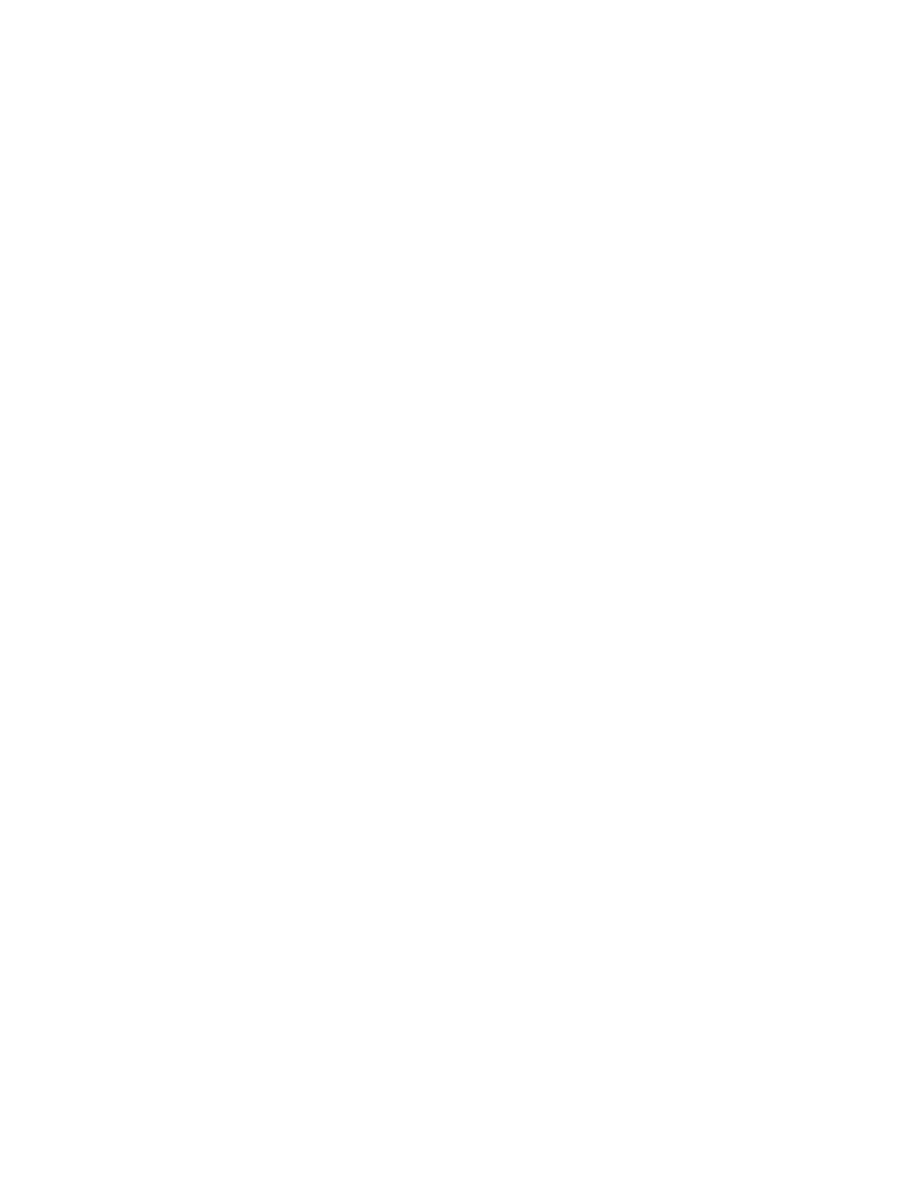
402
14 CFR Ch. I (1–1–14 Edition)
§ 61.31
(i) Involves only a ferry flight, train-
ing flight, test flight, or practical test
for a pilot certificate or rating;
(ii) Is within the United States;
(iii) Does not involve operations for
compensation or hire unless the com-
pensation or hire involves payment for
the use of the aircraft for training or
taking a practical test; and
(iv) Involves only the carriage of
flight crewmembers considered essen-
tial for the flight.
(5) If the flight or series of flights
cannot be accomplished within the
time limit of the authorization, the
Administrator may authorize an addi-
tional period of up to 60 days to accom-
plish the flight or series of flights.
(c)
Aircraft category, class, and type
ratings: Limitations on the carriage of
persons, or operating for compensation or
hire. Unless a person holds a category,
class, and type rating (if a class and
type rating is required) that applies to
the aircraft, that person may not act
as pilot in command of an aircraft that
is carrying another person, or is oper-
ated for compensation or hire. That
person also may not act as pilot in
command of that aircraft for com-
pensation or hire.
(d)
Aircraft category, class, and type
ratings: Limitations on operating an air-
craft as the pilot in command. To serve
as the pilot in command of an aircraft,
a person must—
(1) Hold the appropriate category,
class, and type rating (if a class or type
rating is required) for the aircraft to be
flown; or
(2) Have received training required by
this part that is appropriate to the
pilot certification level, aircraft cat-
egory, class, and type rating (if a class
or type rating is required) for the air-
craft to be flown, and have received an
endorsement for solo flight in that air-
craft from an authorized instructor.
(e)
Additional training required for op-
erating complex airplanes. (1) Except as
provided in paragraph (e)(2) of this sec-
tion, no person may act as pilot in
command of a complex airplane, unless
the person has—
(i) Received and logged ground and
flight training from an authorized in-
structor in a complex airplane, or in a
flight simulator or flight training de-
vice that is representative of a complex
airplane, and has been found proficient
in the operation and systems of the air-
plane; and
(ii) Received a one-time endorsement
in the pilot’s logbook from an author-
ized instructor who certifies the person
is proficient to operate a complex air-
plane.
(2) The training and endorsement re-
quired by paragraph (e)(1) of this sec-
tion is not required if the person has
logged flight time as pilot in command
of a complex airplane, or in a flight
simulator or flight training device that
is representative of a complex airplane
prior to August 4, 1997.
(f)
Additional training required for op-
erating high-performance airplanes. (1)
Except as provided in paragraph (f)(2)
of this section, no person may act as
pilot in command of a high-perform-
ance airplane (an airplane with an en-
gine of more than 200 horsepower), un-
less the person has—
(i) Received and logged ground and
flight training from an authorized in-
structor in a high-performance air-
plane, or in a flight simulator or flight
training device that is representative
of a high-performance airplane, and has
been found proficient in the operation
and systems of the airplane; and
(ii) Received a one-time endorsement
in the pilot’s logbook from an author-
ized instructor who certifies the person
is proficient to operate a high-perform-
ance airplane.
(2) The training and endorsement re-
quired by paragraph (f)(1) of this sec-
tion is not required if the person has
logged flight time as pilot in command
of a high-performance airplane, or in a
flight simulator or flight training de-
vice that is representative of a high-
performance airplane prior to August 4,
1997.
(g)
Additional training required for op-
erating pressurized aircraft capable of op-
erating at high altitudes. (1) Except as
provided in paragraph (g)(3) of this sec-
tion, no person may act as pilot in
command of a pressurized aircraft (an
aircraft that has a service ceiling or
maximum operating altitude, which-
ever is lower, above 25,000 feet MSL),
unless that person has received and
logged ground training from an author-
ized instructor and obtained an en-
dorsement in the person’s logbook or
VerDate Mar<15>2010
20:48 Jan 30, 2014
Jkt 232047
PO 00000
Frm 00412
Fmt 8010
Sfmt 8002
Q:\14\14V2.TXT
ofr150
PsN: PC150